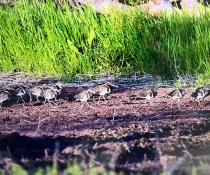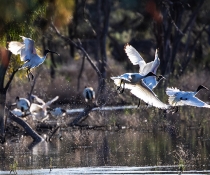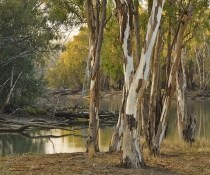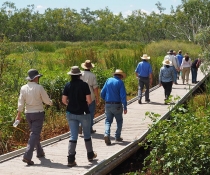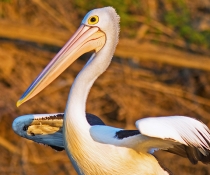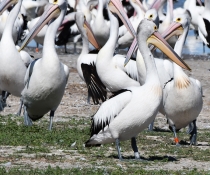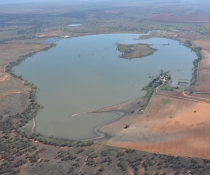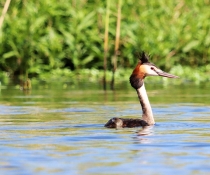Environmental Water Advisory Group chair passionate about maximising environmental outcomes
Neil Bull is chair of the Murray Lower Darling Environmental Water Advisory Group.
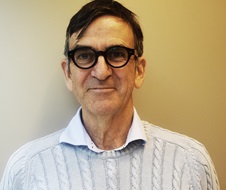
He brings a wealth of local knowledge to the role and a strong affection for the communities and surrounding environment of the Murray and Lower Darling catchments.
Mr Bull is currently the Policy and Project Manager for the Ricegrowers Association of Australia (RGA), a member of the National Farmers Federation (NFF) Sustainable Development and Climate Change Committee and the National Farmers NFF Economic Policy and Farm Business Committee.
"I'm passionate about maximising the outcomes from what is only 'one water'," Mr Bull said.
"I am keen to participate in creating a balance in views regarding environmental water use and contribute to getting the best outcomes from its use.
"I've grown up and worked in the irrigation communities while connecting with the forests, wetlands and waterways, particularly in the Barmah-Millewa and Edward Wakool areas.
"I managed and owned both dryland grazing and irrigated rice farms from 1984 until 2014. From 1997, farm management incorporated a key focus on enhancing and increasing habitat provision. We were one of the first groups of farmers to participate in the Murray Wetlands Working Groups wetland watering on private land program, where I learnt first-hand the benefits of environmental watering.
"Due to the Millennium drought, I began working in sustainability and environmental management with the Ricegrowers' Association of Australia (RGA). From 2014, my family sold our farm, and I worked as the Environment Manager for the Ricegrowers' Association of Australia," he said.
Mr Bull said that the Environmental Water Advisory Group (EWAG) has an important role to play in the regions.
"I see the Environmental Water Advisory Group as an advisory body that reviews and provides feedback on the use of environmental water and related projects in the Murray Lower Darling region," Mr Bull said.
"Members should connect with key people in their communities to share information and receive feedback and constructive ideas on the use of environmental water."
Mr Bull said that allocating water for environmental use is essential to maximise the opportunities for aquatic life recruitment, enhance wetland and riparian vegetation health and enable bird breeding.
"As we operate today with reducing catchment run-off and competing interests for water use, we need to use all available water where possible to provide multiple benefits, including environmental ones," Mr Bull said.
"Due to the regulated nature of the system, we cannot recreate the environment that existed 250 years ago.
In relation to held environmental water, we need to use the best available science and, at times, responsive adaptive management to get the best outcomes," he said.

